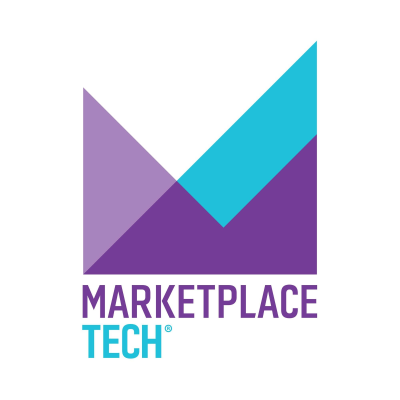Marketplace Tech

Monday through Friday, Marketplace demystifies the digital economy in less than 10 minutes. We look past the hype and ask tough questions about an industry that's constantly changing.
Website : https://www.marketplace.org/
IPFS Feed : https://ipfspodcasting.net/RSS/396/MarketplaceTech.xml
Last Episode : September 10, 2025 10:00am
Last Scanned : 5.5 hours ago
Episodes
Episodes currently hosted on IPFS.
 Using AI to simplify criminal record expungement
Using AI to simplify criminal record expungementA lot of people are eligible to have their criminal records expunged. And there are tens of millions of such files out there for things like misdemeanors, low-level felonies such as drug offenses and even just arrests. LegalEase, a justice-tech startup is streamlining the process through the use of artificial intelligence.
Expires in 31 hours
Published Tuesday